Trump’s 100% Tariff Threat Sparks Major China-US Trade Crisis
The escalating trade tensions between China and the United States have reached a critical point as President Donald Trump threatens to impose an additional 100% tariff on Chinese goods, prompting Beijing to accuse Washington of maintaining “double standards” in international trade policy. This dramatic development has sent shockwaves through global financial markets and renewed fears of a full-scale economic confrontation between the world’s two largest economies.
China Responds Firmly to US Tariff Threats
China’s commerce ministry issued a strong response to Trump’s latest tariff threats, calling the move a “typical example of US double standards.” The ministry spokesperson made it clear that Beijing is prepared to introduce unspecified “countermeasures” if the United States follows through with its threats. In a defiant statement, Chinese officials emphasized that while they do not want a trade war, they are “not afraid” of engaging in one.
The Chinese government’s response came in the form of written answers to journalists’ questions, using language that echoed the height of recent trade conflicts. Officials defended China’s export controls on rare earth elements as “normal actions” necessary to safeguard national security, while simultaneously criticizing US restrictions on semiconductor and chip exports.
Markets Plunge Amid Trade War Uncertainty
Financial markets reacted negatively to the escalating tensions. The S&P 500 share index experienced its steepest decline since April, closing down 2.7% on Friday. The impact extended to Asian markets on Monday, with the Shenzhen Component Index dropping more than 2.5% and Hong Kong’s Hang Seng falling approximately 3.5%.
These market reactions underscore investor concerns about the potential economic impact of renewed trade hostilities between the United States and China. The uncertainty surrounding future trade relations has created volatility across global financial markets.
Rare Earth Elements: China’s Strategic Advantage
The current tensions intensified after China announced tightened export controls on rare earth elements and other materials critical for advanced technology manufacturing. This move holds significant weight because China processes approximately 90% of the world’s rare earth supply, which is essential for producing solar panels, smartphones, electric vehicles, and other high-tech products.
The strategic importance of rare earths cannot be overstated. These materials are crucial for modern technology and defense applications, giving China considerable leverage in trade negotiations. By controlling access to these vital resources, Beijing has demonstrated its ability to respond to US trade pressures.
Trump’s Shifting Stance Confuses Markets
Adding to the confusion, President Trump posted contrasting messages over the weekend. After threatening to cancel a scheduled meeting with Chinese President Xi Jinping and imposing harsh tariffs, Trump wrote on social media: “Don’t worry about China, it will all be fine!”
He described President Xi as “highly respected” and suggested that Xi simply “had a bad moment,” adding that he doesn’t want economic depression for China and that “The U.S.A. wants to help China, not hurt it!!!” These contradictory statements left analysts and investors uncertain about the administration’s actual trade policy direction.
Background: The Path to Current Tensions
In May, both nations had agreed to drop triple-digit tariffs on each other’s goods, which had threatened to completely halt trade between the two countries. Following that agreement, US tariffs on Chinese goods remained at an additional 30% compared to the beginning of the year, while Chinese tariffs on US goods stood at 10%.
However, the fragile peace was disrupted when Trump accused Beijing of “becoming very hostile” following China’s announcement of stricter rare earth export controls. The president characterized China’s actions as an attempt to hold the world “captive,” prompting his threat of additional 100% tariffs.
China Criticizes US Export Controls
The Chinese commerce ministry’s spokesperson highlighted what they called longstanding US hypocrisy. They accused Washington of “overstretching the concept of national security” and adopting “discriminatory practices against China” through export control measures on semiconductors and advanced chips.
“Resorting to tariff threats is not the right way to engage with China,” the spokesperson stated, emphasizing that Beijing’s position remains consistent: they prefer to avoid a tariff war but will not back down from one if necessary.
Summit Meeting in Doubt
The uncertainty extends to a planned meeting between Trump and Xi at an upcoming summit in South Korea later this month. Following his initial threats, Trump suggested he might cancel the meeting, though the current status remains unclear. Both sides appear to be using public statements to strengthen their negotiating positions ahead of potential talks.
Expert Analysis and Future Outlook
Trade experts suggest that the current rhetoric from both Washington and Beijing may be tactical positioning rather than concrete policy commitments. However, the real economic consequences are already visible in market reactions and business uncertainty.
The situation requires careful monitoring as any escalation could significantly impact global supply chains, consumer prices, and economic growth worldwide. For more insights on international trade developments, visit Singha Darbar for comprehensive coverage of global economic news.
What This Means for Global Economy
The China-US trade tensions affect more than just bilateral relations. The potential disruption to supply chains, increased costs for manufacturers, and uncertainty in financial markets could have ripple effects throughout the global economy. Businesses worldwide are watching these developments closely to assess their potential impact on operations and profitability.
As the situation continues to evolve, the international community hopes for diplomatic solutions that can prevent a full-scale trade war that would harm economic growth and stability globally.
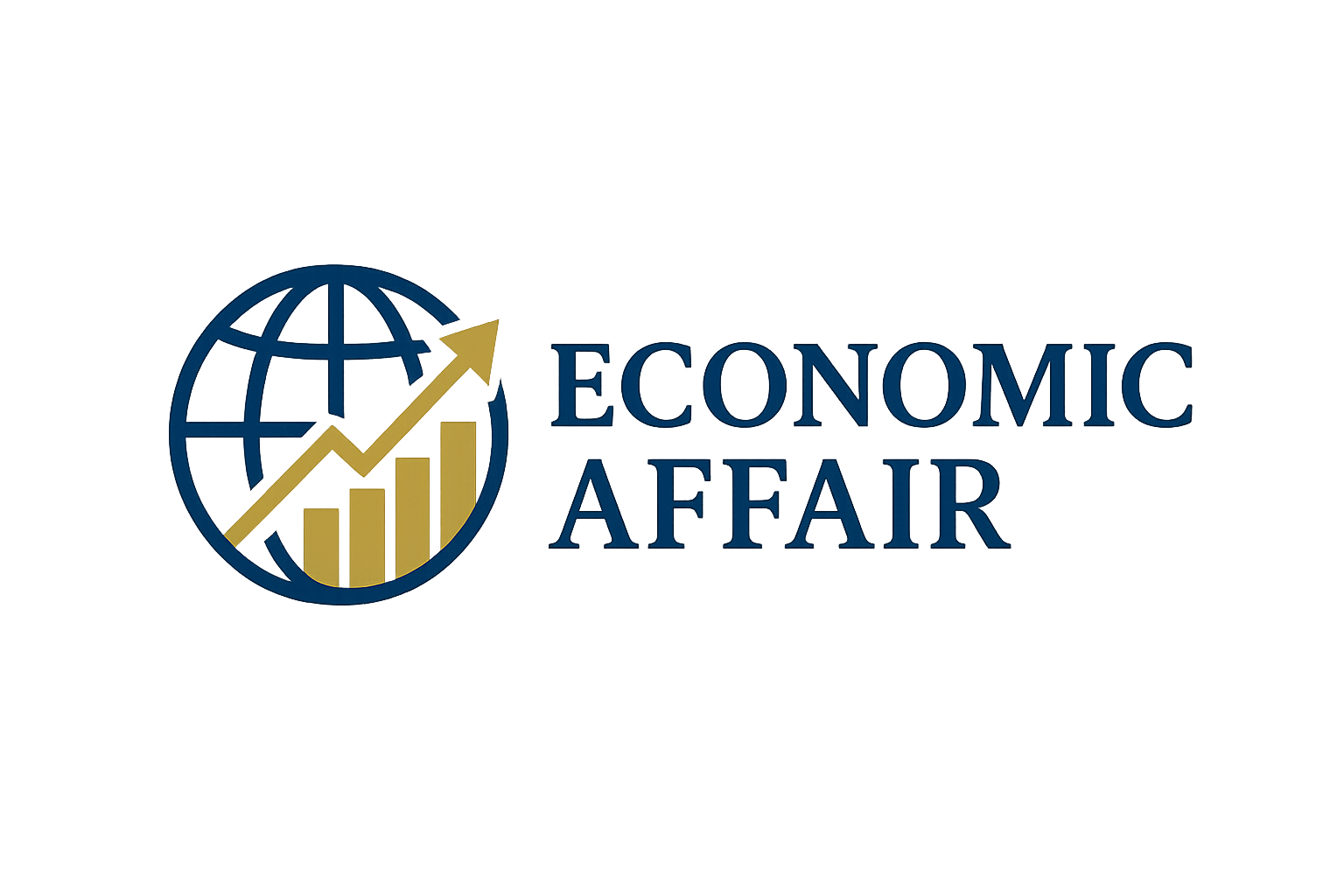


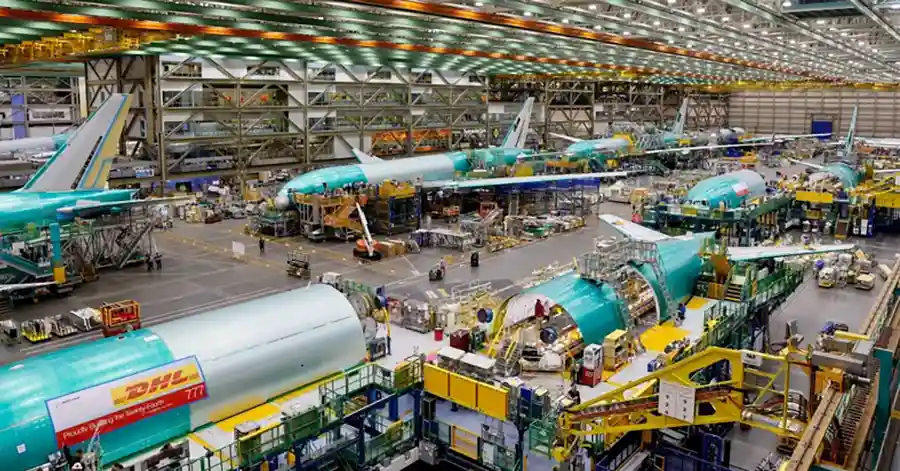


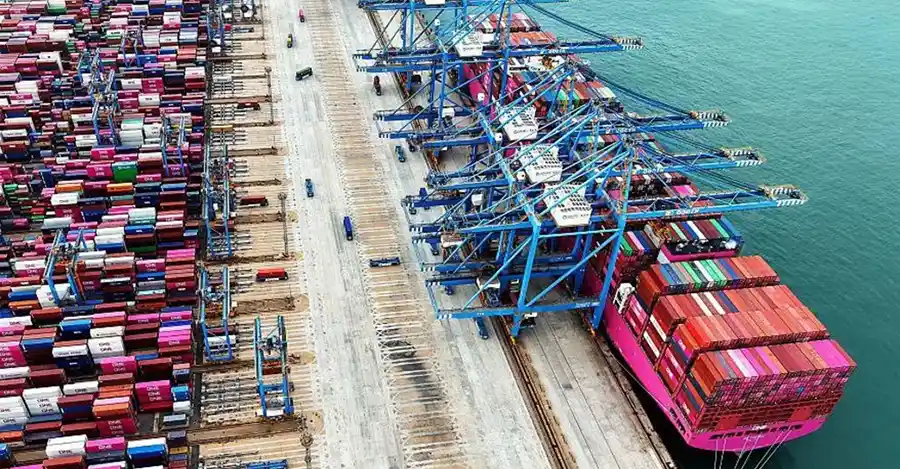







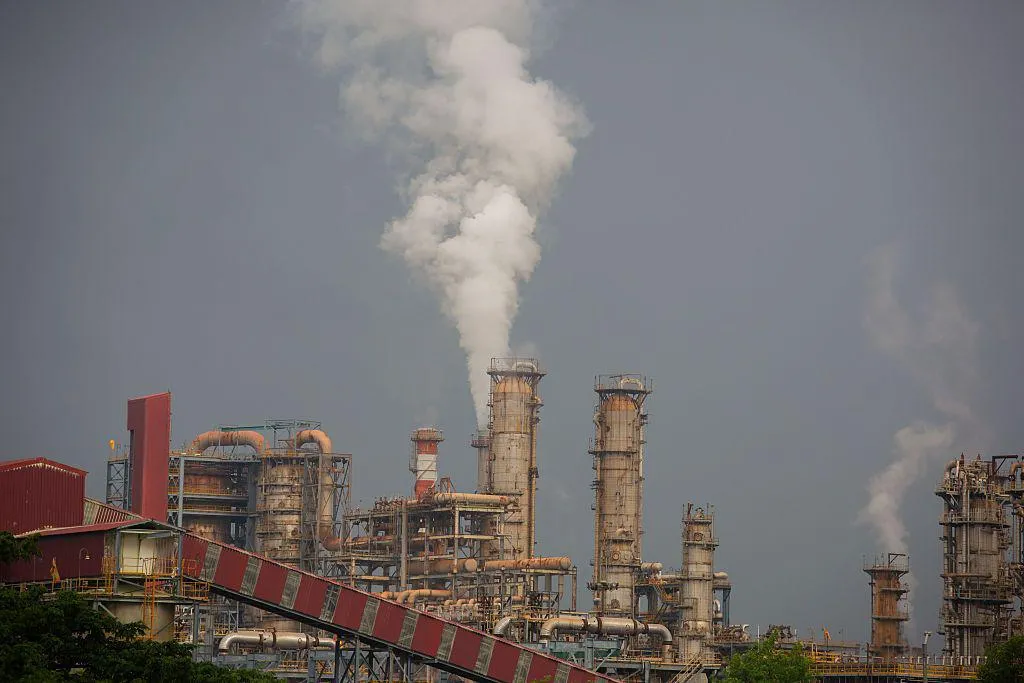
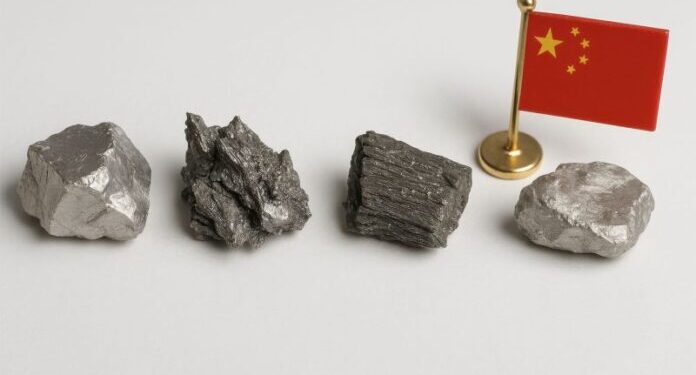
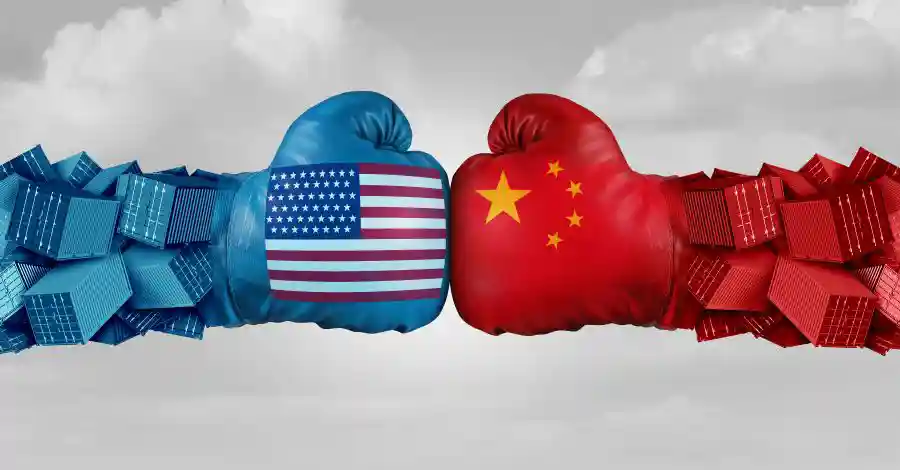

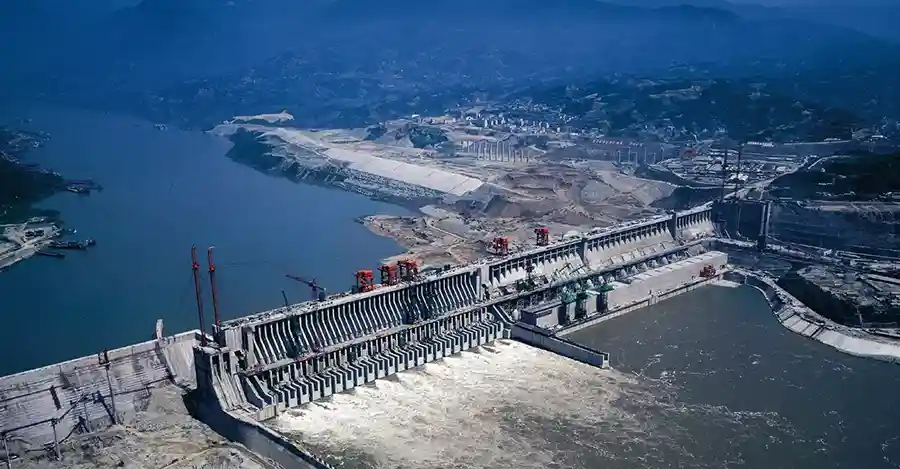


Comments